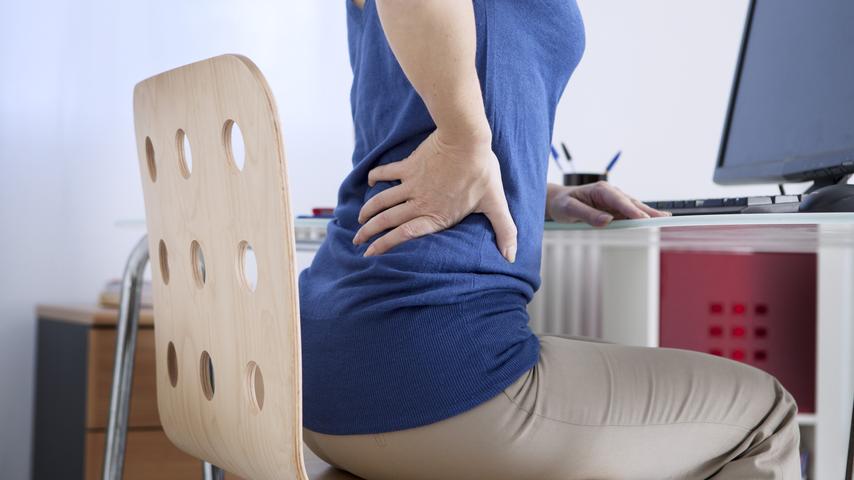Need Help
For enquiries please call
WhatsApp

L.B. Nagar,
Hyderabad
Lakdi-Ka-Pul,
Hyderabad
Parel,
Mumbai
Kengeri,
Bengaluru
Perumbakkam – Sholinganallur,
Chennai
L.B. Nagar,
Hyderabad
Lakdi-Ka-Pul,
Hyderabad
Parel,
Mumbai
Kengeri,
Bengaluru
Perumbakkam – Sholinganallur,
Chennai
In Indian population, about 12% of the population is expected to have urinary stones, out of which 50% may end up with loss of kidney functions.
WORLD KIDNEY DAY (Act now for better prevention)
NEPHROLOGICAL DISEASES
The kidneys, each about the size of a fist, play three major roles:
DIFFERENT TYPES OF KIDNEY DISEASES
SYMPTOMS
Mild to moderate kidney disease often does not have any symptoms. However, in End-Stage Renal Disease or Uremia, when the toxins accumulate in a person's blood, symptoms may include:
Kidney disease usually does not cause pain, but in some cases, pain may occur. A kidney stone in the ureter can cause severe cramping pain that spreads from the lower back into the groin.
CAUSES
DIAGNOSIS
TREATMENT
Depending on the underlying cause, some types of kidney disease can be treated. Often, though, chronic kidney disease has no cure.
FIVE THINGS PEOPLE WITH KIDNEY DISEASE SHOULD FOLLOW
If you develop complete or near-complete kidney failure, you have end-stage kidney disease. At that point, you need dialysis or a kidney transplant:
Dialysis: Dialysis artificially removes waste products and extra fluid from your blood when your kidneys can no longer do this. In hemodialysis, a machine filters waste and excess fluids from your blood. In peritoneal dialysis, a thin tube (catheter) inserted into your abdomen fills your abdominal cavity with a dialysis solution that absorbs waste and excess fluids. After a period of time, the dialysis solution drains from your body, carrying the waste with it.
Kidney transplant: A kidney transplant involves surgically placing a healthy kidney from a donor into your body. Transplanted kidneys can come from deceased or living donors. You will need to take medications for the rest of your life to keep your body from rejecting the new organ. You don't need to be on dialysis to have a kidney transplant.
Learn more about our Renal Sciences Department here.

Indian Standard for Hospital Accreditation

Indian Standard for Blood Bank Accreditation
For enquiries please call